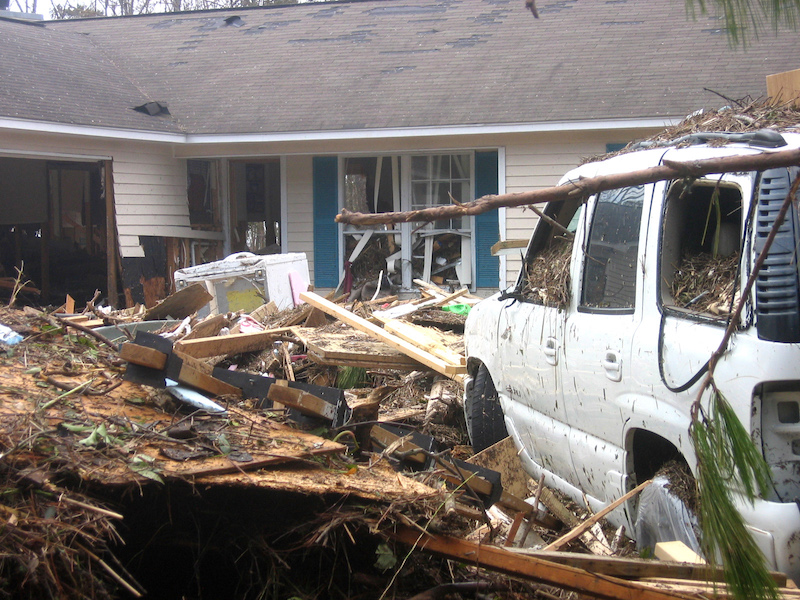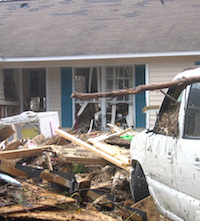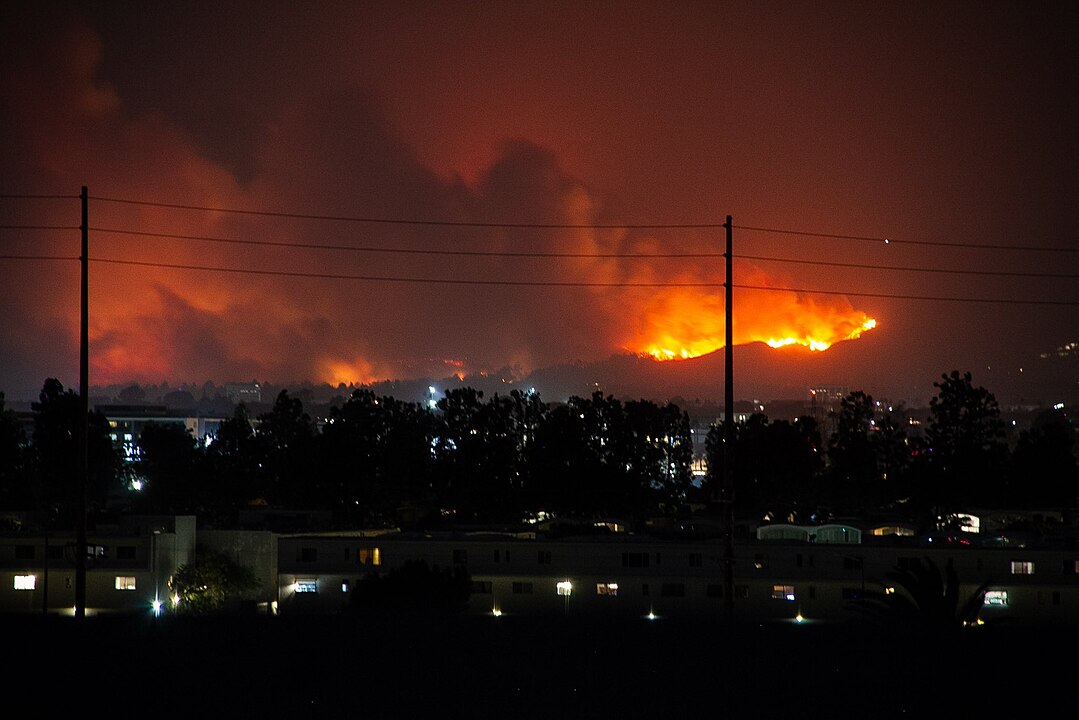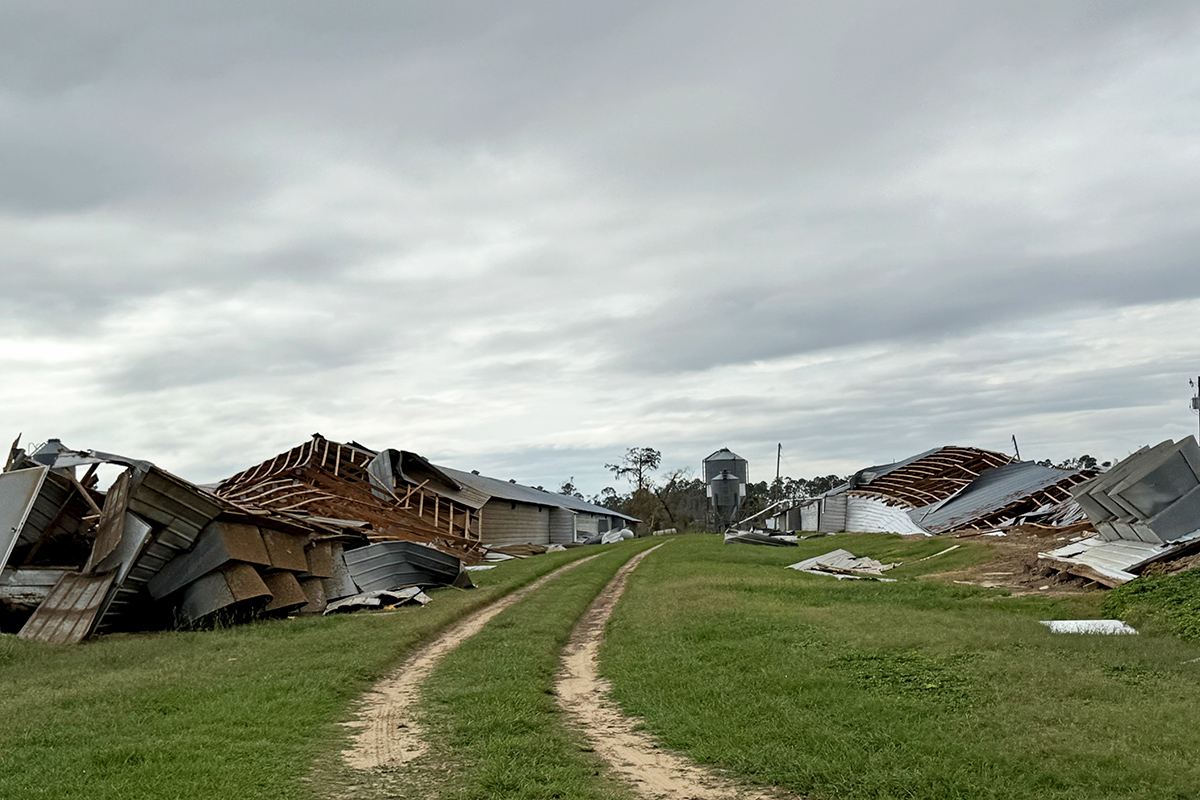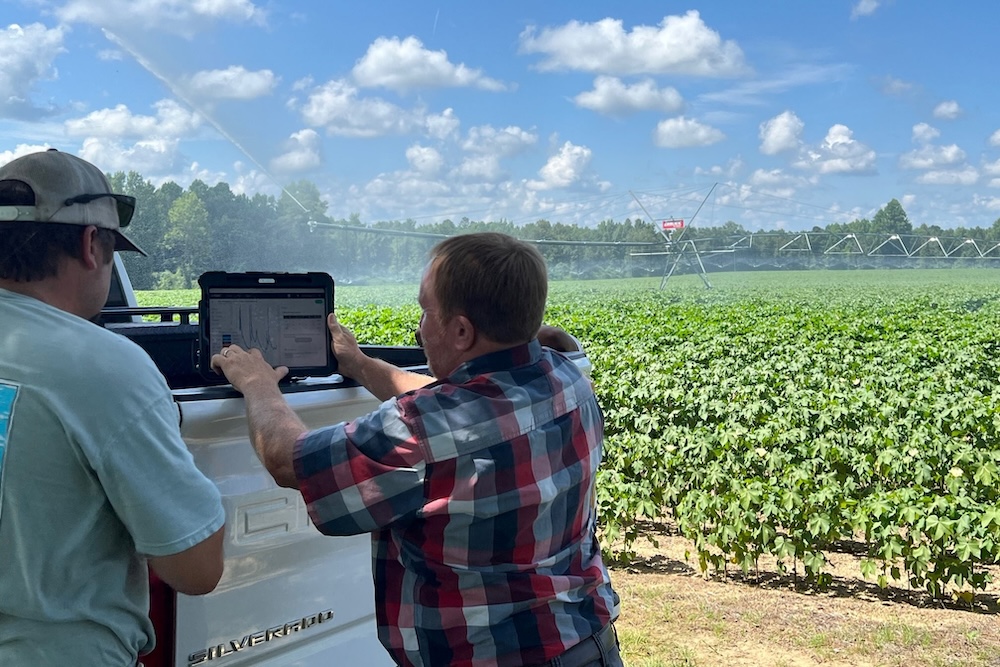The word “drought” is back on Georgians’ lips. Moist relief this time of year will only come from tropical storms or hurricanes, which bring their own troubles, but Georgians need to be prepared for bad weather year-round.
Hurricane season started in June and will run to November. Time's left for a tropical disturbance to disturb everyday life in Georgia, bringing heavy rain, flooding or damaging winds.
But severe weather – like flooding or tornadoes - can hit the state through winter and early spring, too, said David Stooksbury, the state’s climatologist and associate professor with the University of Georgia College of Agricultural and Environmental Sciences.
The first thing any family needs, he said, is a National Oceanic and Atmospheric Administration, or NOAA, radio. It sounds an alarm and broadcasts up-to-date details about tornadoes, thunderstorms, flash floods or tropical weather. Make sure it is equipped with Specific Area Message Encoding, or SAME, technology. It can be programmed for particular counties.
“Also, prepare an all-hazard kit, which can be used for any natural or manmade disaster, that will allow your family to survive at least three to seven days,” he said.
The most important thing in the kit is at least 1 gallon of clean bottled water per person per day. Don't forget to plan for pets. Details on assembling a kit are at the website www.nhc.noaa.gov/HAW2/english/prepare/supply_kit.shtml.
In the event of any emergency, know what your county emergency plan is and follow it. “If you're asked to evacuate, it's important to do so,” he said. “If you're not asked to evacuate, it's important to stay where you are, keeping the roads free for those who must get out of harm's way.”
If a storm is headed your way, secure doors and windows with proper wind shutters, he said. Taping windows is a waste of time.
The best choice of shutters is either plywood or manufactured shutters. Make sure that plywood shutters are well attached. “Underestimating the power of the wind is common,” he said. “Many people return home to find plywood shutters ripped off the house by the wind.”
It’s good to have insurance, too, he said, because even the best precautions can sometimes fail. Particularly, think about flood insurance. Standard homeowner or business insurance doesn't cover flood damage.
The mountains aren't immune from flooding, he said. With the state's rapid urbanization, locations that were safe from flooding just a few years ago are now more likely to flood. The entire state is vulnerable to flooding. Learn about the federal flood insurance program from a local insurance agent or at www.floodsmart.gov.

